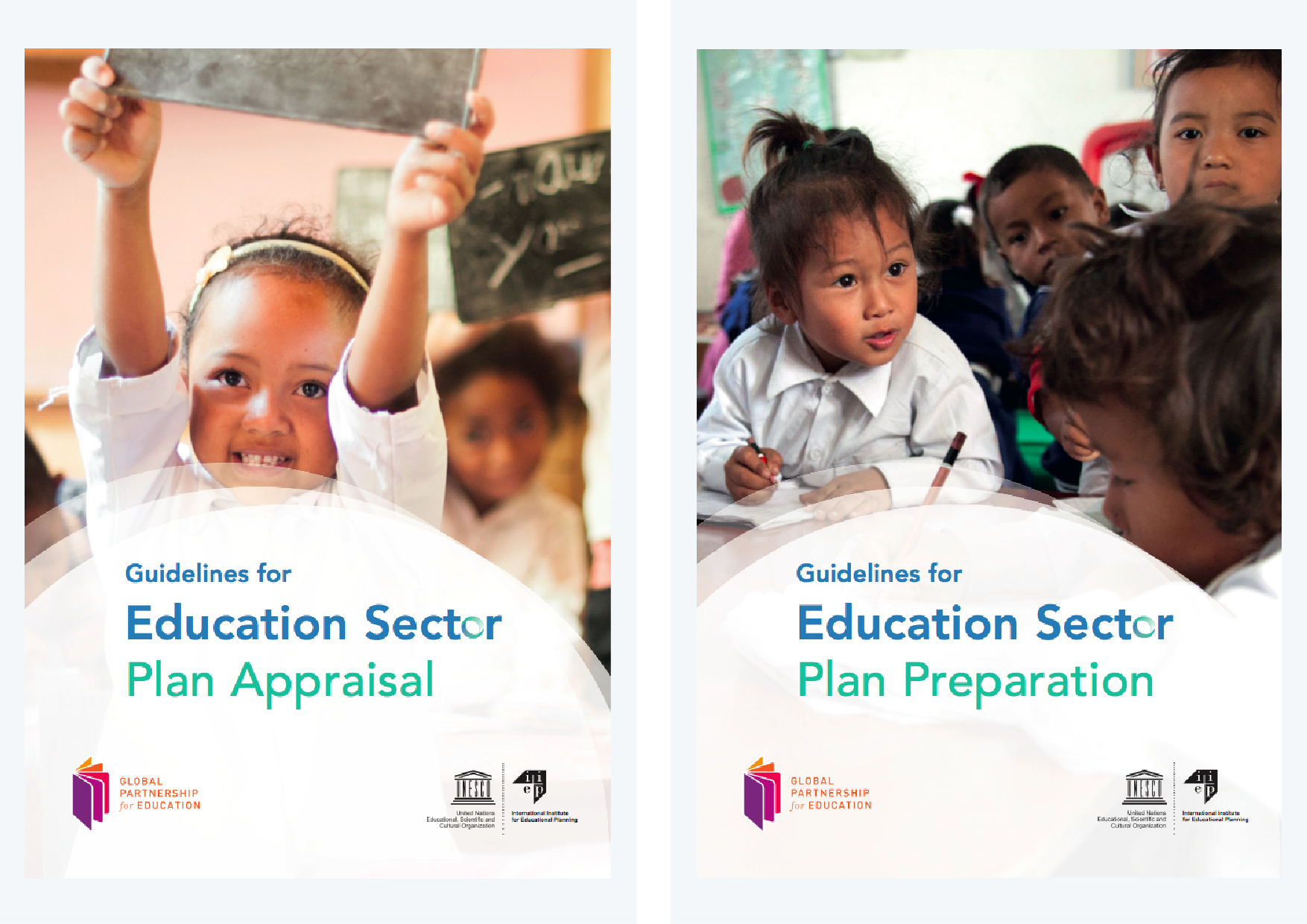Preparation of strategic plans
IIEP has strong experience and expertise in strategic planning and has developed in collaboration with the Global Partnership for Education (GPE) two newly published documents to help ministries in charge of education transform their processes and operations to meet the challenges of a changing world:
Guidelines for Transitional Education Plan Preparation
Also available in French, SpanishGuidelines for Education Sector Plan Preparation
Also available in French, Dari, Spanish, ArabicGuidelines for Education Sector Plan Appraisal
Also available in French, Spanish, Dari
What is strategic planning?
The development of the education system in any country can take different directions. Everywhere, there are competing priorities. It is important therefore that educational development is guided by a common vision, shared priorities, and well-argued strategies to achieve these priorities. This is the role of a strategic plan.
An effective strategic plan is guided by an overall vision, which may be reflected in a mission statement. It identifies the strategies that have to be implemented to achieve the vision, and when doing so, it takes into account human, technical and financial capacities. The plan sets priorities, realizing that all goals cannot be reached at once. It is credible, which means that it is based on an in-depth analysis of the current situation and of previous trends and on well-argued hypotheses. Sufficient thought is given on how to overcome possible financial, technical and political constraints so that the plan has a greater chance to be implemented smoothly. It is also sensitive to the environment by including an analysis of the vulnerability of the education sector. Conflicts, natural disasters, and economic crises affect many countries and education plans must find ways to plan for reducing such risks and strengthening education system resilience. A plan also pays attention to disparities within countries, for instance in terms of gender and location.
IIEP’s expertise and approach
We have worked with a wide range of countries to draft plans according to their budgets and needs. We see our role as supporting ministries through a collaborative process, respecting the autonomy of the ministry while enhancing the competencies of its staff.
Support can also be offered in the form of workshops held with educational planners in the capital or in provinces, where for instance, simulation models are designed and used to meet the needs of the country’s education system. This type of cooperation is in high demand with the countries supported by the Global Partnership for Education (GPE). At present, we are providing support to strengthen education systems in several countries, including Afghanistan, Chad, Ethiopia, and Seychelles, and have worked with Egypt, South Sudan, and Sudan, among other countries.







